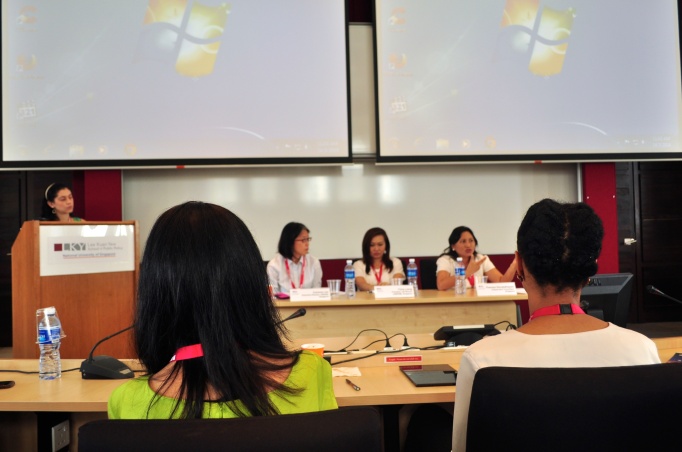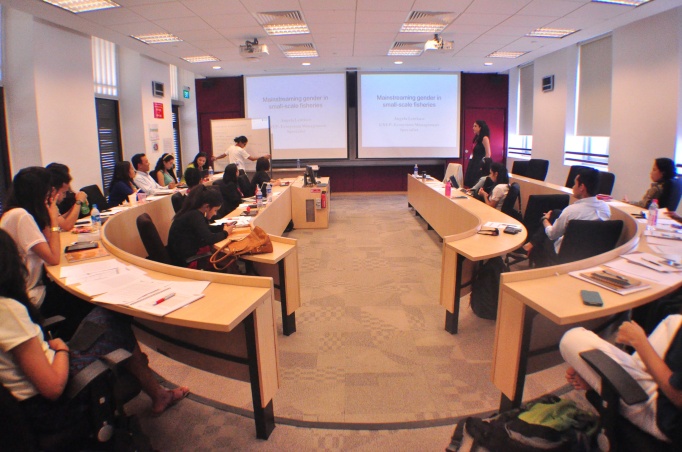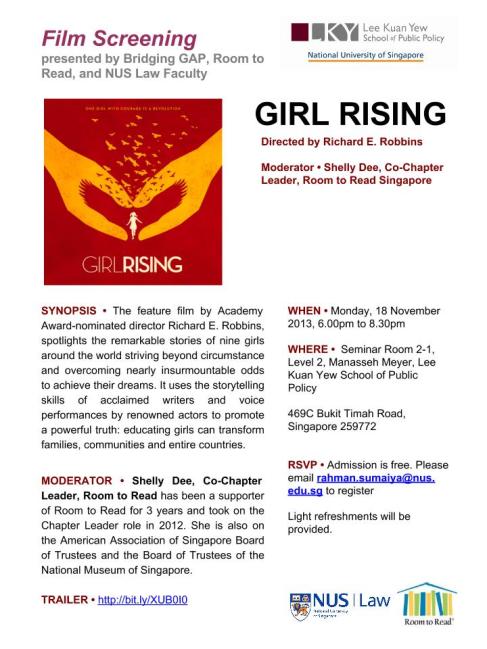
Image courtesy of Joshua Chiang
In Part 2 of this article, Nurhidayah Hassan talks about the gender bias inherent in Singapore’s family policies. To read Part 1, click here.
By Nurhidayah Hassan
Gender Equality and Fertility: It’s Not Just About Women
In Singapore, and many developed economies, it is not unusual for women to delay marriage and babies to pursue their career goals. Even after they tie the knot, many women wait for a couple of years before they start a family. They usually stop at one child, citing reasons such as the cost of raising kids and career goals as the driving forces behind their decisions. The latest figures by the Immigration and Checkpoints Authority (ICA) of Singapore (ICA publishes the Singapore Demographics Bulletin on a monthly basis) show that over 60 percent of babies were born to women aged 30 and above. Out of this number, close to 40 percent of babies are born to women 35 and above.
The nuclear family institution retains its importance in Singapore. A recent survey by the National Population and Talent Division (NPTD) showed that 83 percent of Singaporeans want to get married. The same survey reports that 80 percent of respondents want to have two or more children. Still, these desires do not translate to more babies. According to 2012 figures from NPTD, Singapore’s fertility rates have remained persistently low, at 1.24 births per women, below the replacement rates of 2.1 births. What is causing this gap between desire and reality? Here’s a clue. The nuclear family unit is ultimately couched in patriarchy. It maintains the ideal roles of men and women in society which emphasises women’s roles as child bearers and men as breadwinners. It is no surprise that Singaporean women, who have invested so many years building their careers, are unwilling to give up their success in order to fulfill their reproductive duties.
Having failed to understand this fundamental concern, the government continues to enhance its series of measures to boost the country’s fertility rate – business as usual. Under the Marriage and Parenthood package (which started in 2001), future and current parents can look forward to incentives like baby bonuses, parenthood tax rebates and childcare subsidies. This entire goodie bag is costing the government a whopping SGD 2 billion this year, an increase from SGD 1.6 billion in 2012. Billions of taxpayers’ money has been spent, yet its fertility rates remain low. Someone needs to tell our policymakers that their policies are clearly failing. Besides being economically unsustainable, these solutions do not address the issue’s root problem.
For Hans Rosling, a brilliant Swedish academic and internationally recognised speaker, the solution was clear – the men. During his Singapore visit three years ago, Professor Rosling did not mince his words: “Singapore fathers are the real losers when they abdicate child-rearing responsibilities to mothers. And the state, too, becomes much poorer for it.” His native country, Sweden, boasts one of the most generous family policies in the world. Swedish parents are given 480 days of leave per child, with 420 of these days paid up to 80 percent by the government. The couple decides how to divide the leave days, but there is a catch. It is compulsory for fathers to take at least two months paternity leave for them to enjoy the full line of benefits, like subsidies and allowances. It is worth noting that Sweden’s fertility rate is 1.90 (up from 1.76 in 2004), one of the highest figures in Europe.
If the Singapore government were serious about overcoming its demographics challenges, it has to start addressing the gender bias in its family policies. While women receive 16 weeks of maternity leave, men are entitled to one week of paternity leave. That is simply pathetic. It is no rocket science that fathers play an equally important role in childrearing, so why not have equal parenting leave? Does the government doubt the diaper-changing capabilities of Singaporean men? In her wildly popular book “Lean In”, Sheryl Sandberg, COO of Facebook, urged women to not only take on more leaderships roles, but like Rosling, she also highlighted the role of men in the gender equality equation: “…the single most important career decision that a woman makes is whether she will have a life partner and who that partner is…When it comes time to settle down, find someone who wants an equal partner… Someone who values fairness and expects, or even better, wants to do his share in the home.” Instead of using fear tactics (as evident in The Singaporean Fairytale website) to scare women into making babies or offer monetary incentives, doesn’t it make more sense to encourage women to marry men who want to have an equal share of childcare duties? After all, it takes two to tango.
If you are beginning to feel like all of the above sound like the usual feminist diatribe, you are wrong. Men have come out to voice their burning desire to spend more time at home. In a recent Bloomberg BusinessWeek issue, the cover article, “Lean Out: Working Dads Want Family Time, Too” talks about the work-life dilemma that a new generation of dads are facing, and how they need to be included in the equality conversation: “Men are prisoners of all that money and power they spend their lives amassing because it’s what’s expected of them.” This new breed of “Alpha Dads” are pushing for family-friendly work policies and are willing to challenge norms for the sake of spending more time with their kids. More and more men choose to stay home and take care of the kids while their wives bring home the bacon. When my husband announced to our friends, in all manner of seriousness, that he wants to be a fulltime dad once I finish graduate school, maniacal laughter erupted from the room. In a patriarchal society like Singapore, “stay-at-home dad” remains a dirty term.
As such, social norms and the gender division of labour at home and at the workplace can only change through a paradigm shift in our family policies. While parents and future parents welcome the host of incentives from our government, it would be even more useful if both women and men are given equal access to childcare benefits. If the burden of childcare continues to fall squarely on women’s shoulders, it is no surprise that the Singaporean fairytale will not have a happy ending. Instead of spinning tales, I urge our policymakers to delve deeper into the fertility issue and find real and sustainable solutions that will help our society move forward, not take ten steps back.
Nurhidayah Hassan is currently a candidate for Master in Public Policy at the Lee Kuan Yew School of Public Policy, NUS. She graduated from UniSIM with a Bachelor’s Degree in English and Sociology. She is a member of Bridging GAP and yearns for a just society where individuals are not discriminated by the virtue of their gender, sexual orientation, religion, class nor ethnicity. Above all, she hopes that her years of investment in academia would allow her to join the struggle in making the world a more equal place for her children and their generation.
nurhidayah@nus.edu.sg












